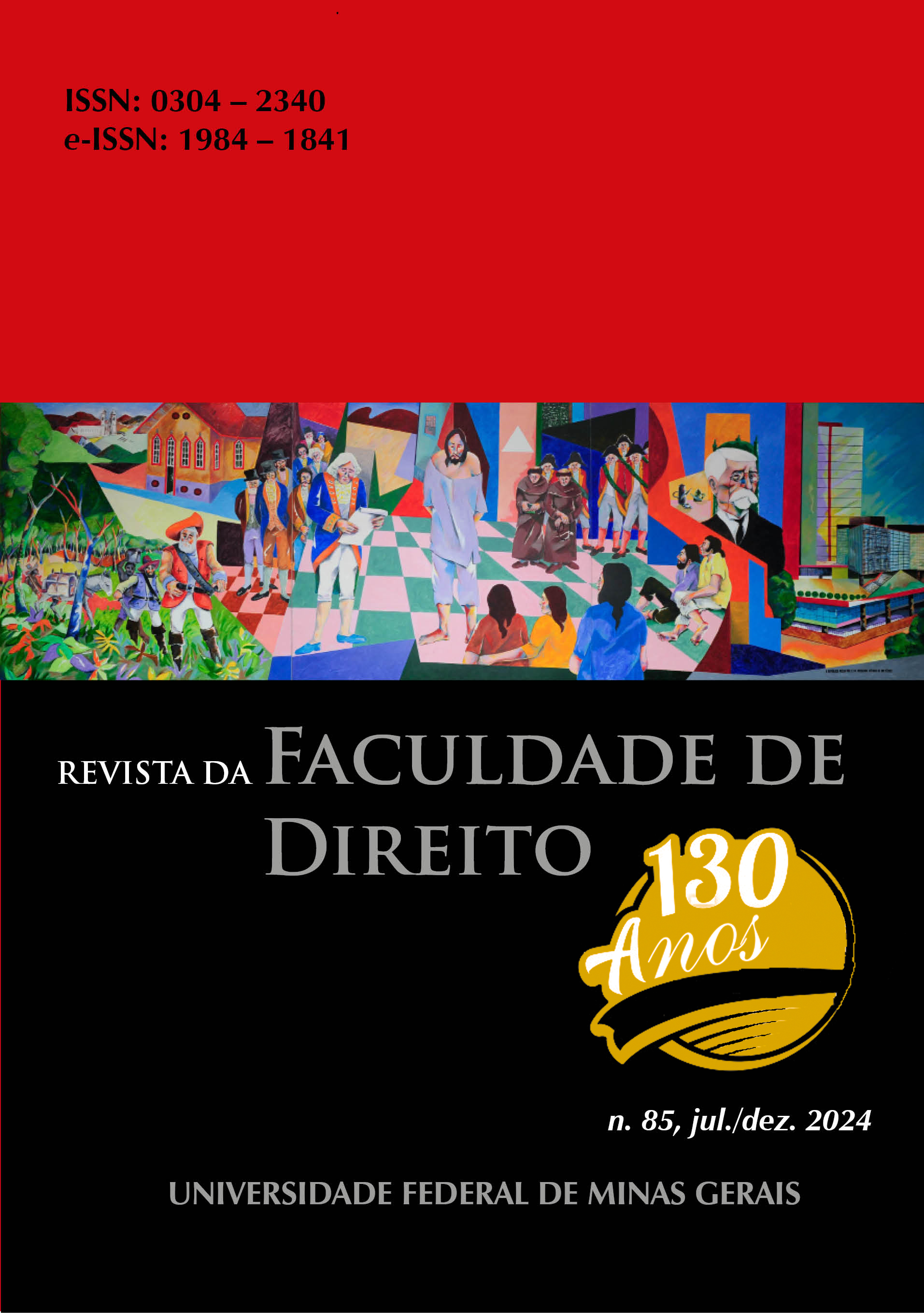ECO-TAXATION AND ENVIRONMENTAL ECONOMICS: AN ANLYSIS IN THE LIGHT OF NIKLAS LUHMANN`S SYSTEMS THEORY
DOI:
https://doi.org/10.12818/P.0304-2340.2024v85p265Abstract
This article aims to analyze the possibility of
taxes being used as the most appropriate tools
for environmental protection. Initially, we
seek to understand the possible contributions
of Tax Law, under the bias of intersystemic
and ecological “communication”, to
promote the natural environment. Next,
it is observed in extrafiscality the traffic of
directing conducts of the individuals for the
attainment of ends desired by the State. The
big question faced stems from the possibility,
or not, of imposing taxes that absorb the
environmental complexity, in order to cover
the “licit”, “sustainable” and “profit” codes,
making them compatible respectively with
Law, Ecology and Economy. The analysis
will be carried out through bibliographical
and normative research, through the logicaldeductive
method, and for the implementation
of these fiscal instruments it will be based
on Niklas Luhmann’s Theory of Systems.
In the end, it demonstrates the possibility
of the tribute to encourage the alteration of
lawful but unwanted polluting conducts, as a
complement between the economic and legal
systems.
KEYWORDS: Ecology. Systems Theory. Extrafiscality.
Eco-taxation.




















